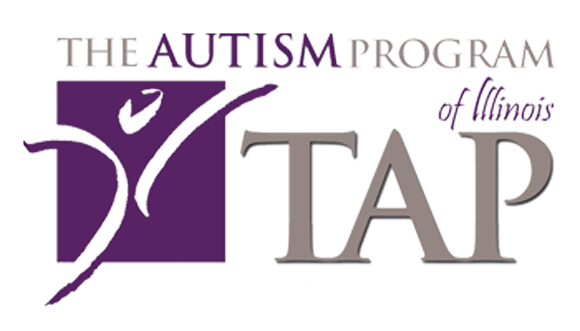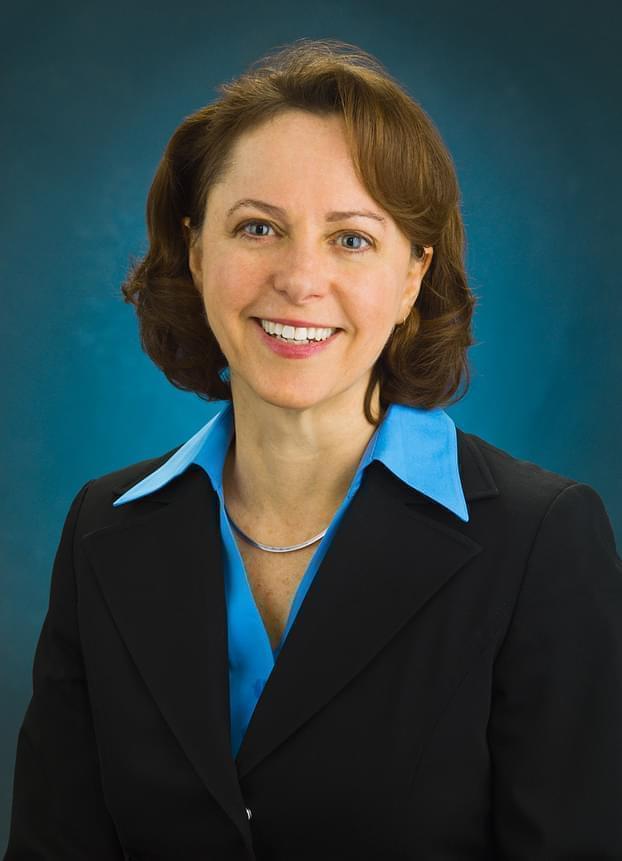Spotlight on The Autism Program: Helping Central Illinois Families Access Services & Support

The Autism Program
It can be really tough to navigate services for a child with autism and get expensive treatments covered by insurance, according to Linda Tortorelli, director of The Autism Program at the University of Illinois at Urbana-Champaign.
The program provides information and consultations for individuals and families and also partners with the U of I department of psychology to provide free summer programs. Spots are still available for a camp taking place the week of June 17 aimed at teens on the autism spectrum, Tortorelli said.

Since 2005, Linda Tortorelli has been the coordinator for The Autism Program at Illinois on the Urbana-Champaign campus, which is a collaborative initiative between the Departments of Special Education and Human Development and Family Studies.
“One is for teen girls, and it’s on relationships: things that girls might want to talk about and not necessarily always with their parents, from building independence and hygiene and navigating healthy relationships,” Tortorelli said. “Our boys’ group, (also on) healthy relationships, will be in the mornings that same week.”
The Autism Program also offers a weekly class this summer for young adults with autism and training for teachers who work with children on the spectrum. All classes take place at Christopher Hall at 904 W. Nevada in Urbana.
Find more information online at The Autism Program’s website; or contact Tortorelli via email or by calling 217-244-1395.
Illinois Public Media spoke with Tortorelli to learn more about the challenges people with autism face living in central Illinois.
This interview has been lightly edited and condensed for clarity.
What role does The Autism Program play in the Champaign-Urbana community?
In the community resource center, you can find lots of materials to help support families and professionals on their journey with autism. There's books, there's visual supports, we customize materials, and we provide a really valuable resource of consultation and system navigation.
When a family receives a diagnosis of autism for their child, we start the family with a new diagnosis orientation, teaching them about autism and helping them understand their particular child's challenges, strengths; and then we're a resource that continues throughout their lifetime.
I've heard from parents of children with autism who say getting access to high-quality, affordable treatment is a real challenge. Is that true for families in Champaign-Urbana and throughout central Illinois?
It's always a challenge, for sure. There's a lot of barriers for access to therapies and services. Often, it's the cost, having insurance that will cover that. Medicaid doesn't always cover all the services, and even if it's covered under Medicaid, a lot of providers won't accept Medicaid because of the low rates. So, a lot of providers for speech therapy or occupational therapy won't accept Medicaid coverage.
Part of my role as the coordinator of The Autism Project for the last 15 years i to help identify gaps in services and then to build that capacity, recruiting providers to come to our community, and then identifying the barriers for those providers for doing business here. And one of the big barriers was getting in network with Health Alliance. There's a lot of work that goes on behind the scenes that nobody sees in building capacity and advocating for more access in our community.
I often like to ask people who work in a particular field: What do you feel is missing from the public dialogue today about the issue that you're addressing? In this case, regarding autism.
What's missing, I think, is that the funding for disability services is really complicated, and because of that sometimes people that work in those fields don't feel an obligation to educate families about them.
So, often people with disabilities and their families are missing from legislative advocacy efforts because they are overwhelmed; it's a lot of work taking care of people with disabilities in your life. But if they could be mentored in a way that allows them to, with minimal effort, reach out to their legislators and give a voice to what needs to happen in that space to make disability services more user-friendly. They're insanely complicated to navigate and enter into.
And we need more funding. Illinois lags behind in so many ways, you don't need me to say that again. But, with funding for services for disabilities -- we are a tremendous outlier in the way we fund disability services, and we are archaic in some of the ways that we're still providing services.
What makes you so passionate about this work?
I have a son who has a disability related to autism, a rare genetic disorder. He's almost 30 years old. So, I've been on this journey myself personally for 30 years and I've had to navigate every one of these systems myself.
I really just felt it was kind of my mission to share this with families and to lighten their burden and to try to make these services and supports more accessible.
I could see there's a better way, and it doesn't always cost a lot more money. But it takes willingness and philosophy of inclusiveness to make things happen.
Follow Christine on Twitter: @CTHerman

